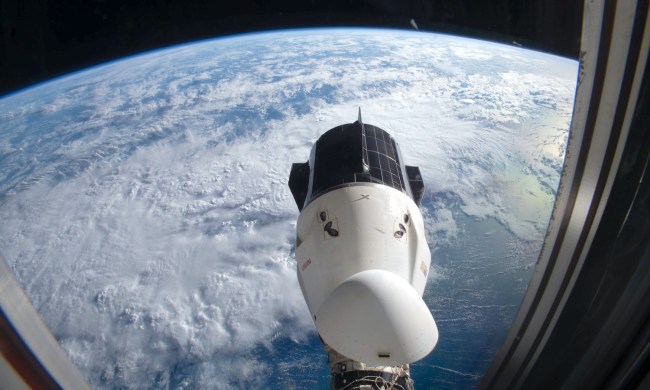
As part of the NASA Micro-10 project, the Wang Group of the University of Southern California, along with the NASA Space Biology Program and CASIS, is preparing to send four four different strains of Aspergillus nidulans, a standard pharmaceutical research fungi, to the International Space Station. The fungi will be included in the payload being sent to the station on the upcoming SpaceX CRS-8 mission, which is expected to launch on April 8.
“This is the first project where we see an intersection between pharmaceutical science and space exploration,” said principal investigator and USC pharmacologist Clay Wang.
The scientists on board the space station will cultivate the fungi and study the effects of both microgravity and high radiation on the fungi’s natural product production. The crew will grow the fungi at a tropical 98.6 degrees Fahrenheit for one week and then store the specimens in the freezer until they are sent back to Earth in May for analysis. Growth and natural product production from the space-based fungi will be compared to control samples of the fungi that were grown at the same time on Earth.
Related: The International Space Station just turned 15 years old
On Earth, A. nidulans is used to produce Anidulafungin, an antifungal drug used to treat invasive fungal infections such as candidiasis. The team hopes the extreme conditions of the space environment will stimulate A. nidulans to develop new biosynthetic pathways which could lead to the production of novel drugs capable of treating diseases such as cancer and Alzheimer’s, among others.
Researchers also hope that a successful trial could open the door to future space-based pharmaceutical experiments and the discovery of even more new medicines. These experiments may prove beneficial to our health and well-being on Earth and on future Mars missions, which could rely on these organisms to produce drugs during the lengthy trip to the red planet.



